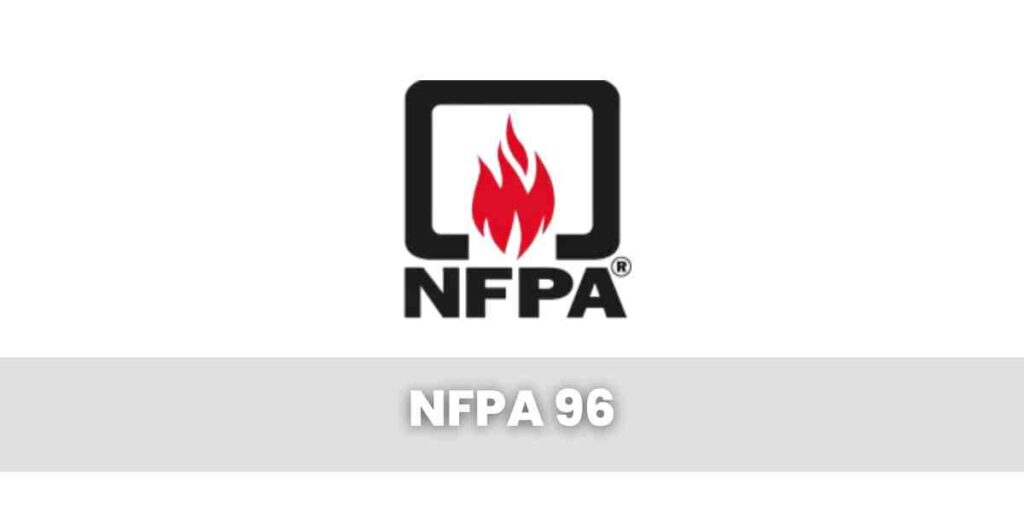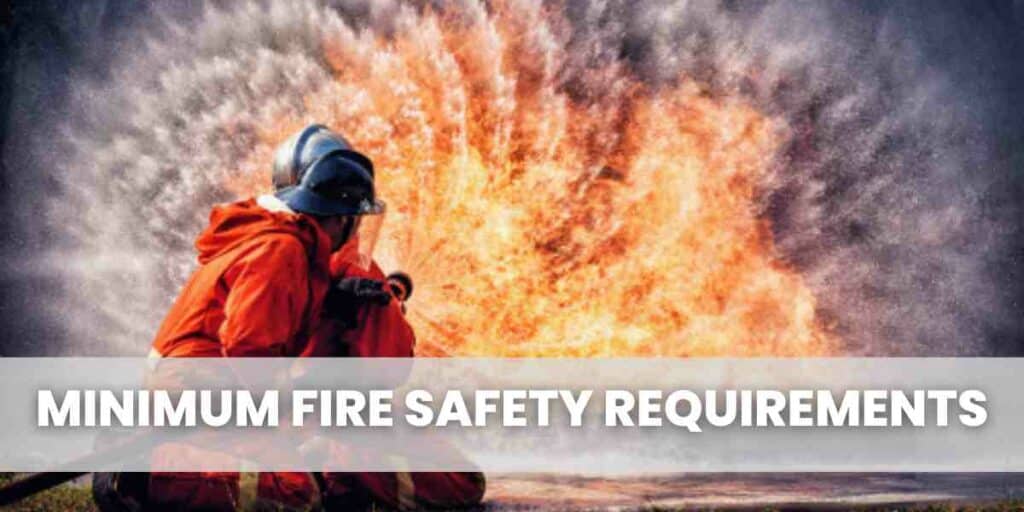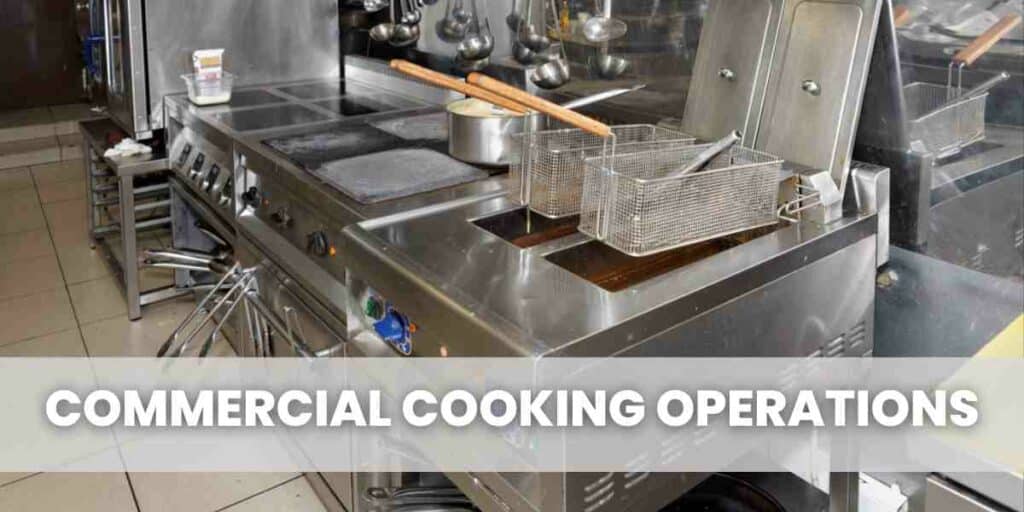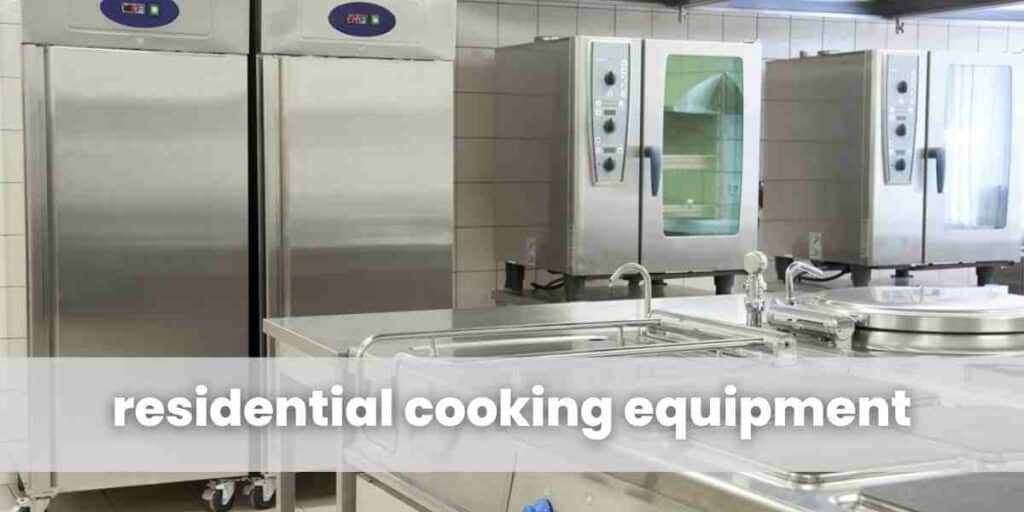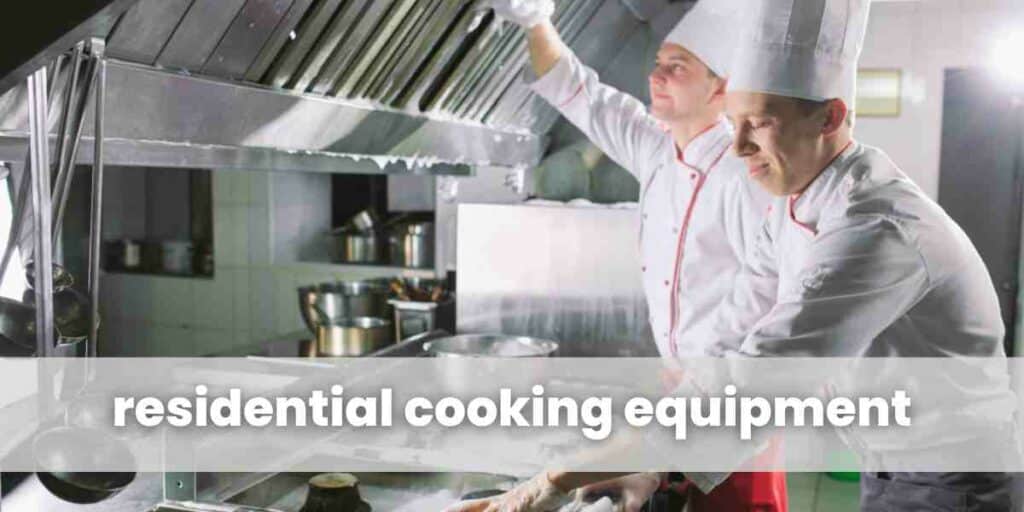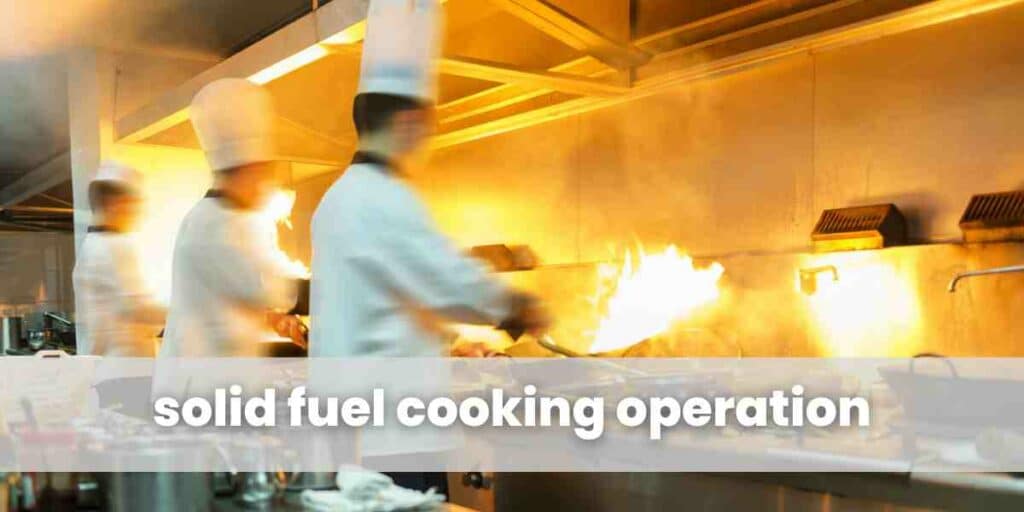NFPA 96
Kitchen Exhaust Cleaning Specialists
Commercial Cleaning Service
*** We are NFPA #96 CERTIFIED Kitchen Exhaust System Cleaning Company.
*** We provide Health & Safety CERTIFICATE as per NFPA 96 code, before and after pictures will be provided upon completion of work.
*** WSIB and Liability Insurance will be provided before the start of work.
We Have The World's Most Awesome Clients

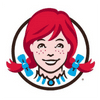





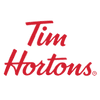


NFPA 96
The NFPA 96 standard was designed by the National Fire Protection Association to help reduce fire and explosion risks in commercial kitchens. This is done through a set of requirements for both preventing and responding to fires.
The standard incorporates a number of different strategies for control and fire protection, including:
Limiting the number of flammable materials in the kitchen
Proper ventilation to remove smoke and heat
Using fire-resistant cooking equipment for improved ventilation control and fire suppression
Training staff in fire safety procedures for fire protection of commercial cooking operations
The NFPA 96 standard is regularly updated to keep up with changes in commercial kitchen design and technology. It is important for kitchen staff to be familiar with the latest version of the standard so as to reduce the risk of fire and explosion.
Grease Removal Devices
One of the most important requirements of the NFPA 96 standard is the use of grease removal devices (GRDs) for control and fire protection. GRDs intercept grease before it has a chance to accumulate and cause fire hazards.
There are two types of GRDs: automatic and manual. Automatic GRDs are typically installed in the hood system and work to remove grease on a continuous basis. Manual GRDs, on the other hand, are typically installed in the kitchen sink and must be operated manually.
Proper installation and regular maintenance of GRDs is essential for meeting the NFPA 96 standard.
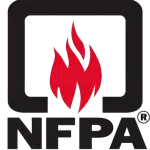
Our Fully Trained Service Technicians Follow The NFPA 96 (National Fire Protection Association) Standards for Hood & Kitchen Exhaust Cleaning.
Commercial Cooking Equipment
Another important aspect of the NFPA 96 standard is the use of commercial cooking equipment that is designed for control and fire protection. This includes using cooktops and ovens with built-in flame safeguards, as well as using non-combustible materials for countertops and walls.
Cooking Equipment
Proper maintenance of commercial cooking equipment is essential for meeting the NFPA 96 standard. Everyone in the kitchen should be trained on how to properly clean and maintain their equipment. This includes cleaning grease traps and filters, as well as inspecting cooktops and ovens at regular intervals. Kitchen staff should also be educated on cooking inspection frequency systems.
Fire Suppression Systems
Fire suppression systems are part of Ontario’s Fire Code, not NFPA 96. However, having an automatic fire suppression system is one of the sensible ways to meet the NFPA 96 standard for commercial cooking operations.
Fire suppression systems are designed to quickly detect and extinguish fires before they have a chance to spread through the hood and duct system. They’re an integral part of the control and fire protection in both commercial and private cooking operations.
There exist two types of fire suppression systems: pre-engineered and custom-designed. Pre-engineered systems are typically used in small kitchens, while custom-designed systems are more common in large commercial kitchens.
Grease Laden Vapors
Grease-laden vapors are a big fire hazard in commercial kitchens. These vapors can pile up and catch fire, resulting in a dangerous grease blaze. The NFPA 96 standard necessitates that business kitchens have ventilation systems that are meant to get rid of grease-laden vapours.
NFPA 96 Standard for Ventilation Control and Fire Protection of Commercial Cooking Operations
This is designed to help reduce fire and explosion risks in commercial cooking operations. This is done through the use of grease removal devices, fire-resistant cooking equipment, and proper ventilation.
Moreover, the standard requires that kitchen staff be trained in fire safety procedures. This includes knowing how to properly operate and maintain grease removal devices like horizontal grease duct systems, as well as how to clean and maintain commercial cooking equipment.
Can you tell us about the scope and purpose of NFPA 96?
NFPA 96 covers an extensive array of requirements relating to the design, installation, and maintenance of commercial kitchen ventilation systems.
The standard’s objective is to reduce the risk of fire and explosion in commercial kitchens.
For commercial kitchens in Belleville ON, the NFPA 96 serves as the primary guideline for ensuring fire safety. The standard covers a variety of topics related to commercial kitchen ventilation, including grease removal devices, commercial cooking equipment, and fire suppression systems for control and fire protection.
Inspect, Test and Maintain Your Equipment
Belleville Hood Cleaning takes care of your kitchen exhaust system cleaning and maintenance tasks. We do inspection and testing, too! We help restaurants train their people on how to remove combustible contaminants prior to cleaning.
The idea behind all of these requirements is to make sure that any potential fire hazards are identified and dealt with before they have a chance to cause harm to commercial cooking operations. This includes making sure that grease traps and filters are cleaned on a regular basis, as well as inspecting commercial cooking equipment for signs of wear and tear, ultimately improving ventilation control and fire.
NFPA Code 96 for Hood Grease Filters
The NFPA 96 standard requires that commercial kitchens have properly functioning hood grease filters. These filters are designed to capture grease-laden vapours before they escape into the kitchen.
It falls within a commercial kitchen supervisor’s responsibility to ensure that the hood grease filters and exhaust system are regularly cleaned and replaced. It’s not a Herculean task, but it is one that must be carried out on a regular basis in order to keep the kitchen safe.
Who is the NFPA?
The National Fire Protection Association (NFPA) is an American trade association dedicated to developing and enforcing Fire Safety Standards and Codes to reduce the loss of life and property due to fire.
These standards are used by local governments in their efforts to develop building codes and standards for exhaust system ventilation control and fire. It covers commercial kitchens, construction projects, and firefighting equipment.
What is NFPA 96?
The National Fire Protection Association has published the Code for Ventilator Protection and Fire Protection. The National Fire Protection Association (NFPA) 98 is a set of standards for commercial cooking operations. Your compliance with NFPA96 is required.
NFPA Fire Codes for Rooftop Grease Containment
The NFPA has published a set of Fire Codes that cover the design and installation of rooftop grease containment systems for ventilation control and fire. These codes cover the size and placement of grease traps, as well as the type of materials that can be used for grease containment in commercial cooking operations.
These codes are ultimately designed for fire protection in commercial cooking operations. Local health inspectors and the fire department work together to inform businesses on the value of rooftop grease containment for the sake of ventilation control and fire prevention.
What People Are Saying
See what our customers are saying about us



Brand Areas Served

